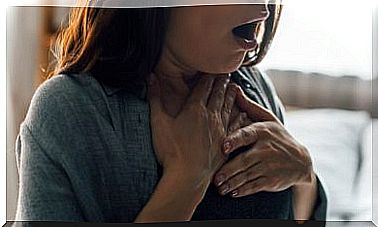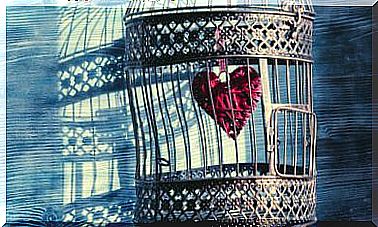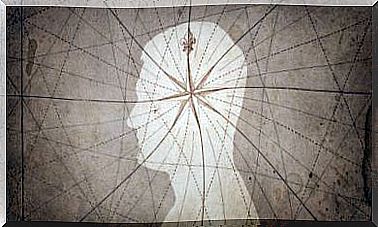Postpartum Depression: I Have A Child And I Can’t Be Sad
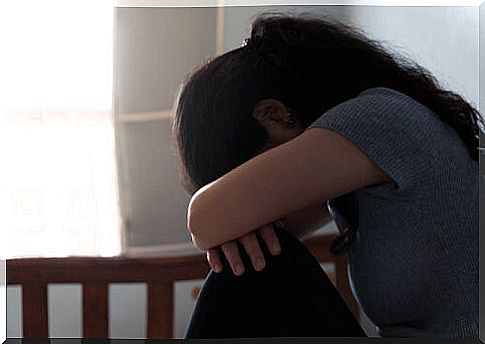
I have a son and I cannot be sad. This phrase, which is not one of the most associated with pregnancy, is repeated in the heads of a large number of women, although it is not usually verbalized or expressed. The connotations that pregnancy carries do not always meet the expectations that mothers have about this period . In our society, a somewhat idealized and biased image of pregnancy predominates due to the enormous joy that the arrival of a new member of the family produces.
Both pregnancy and the period after childbirth are moments of great vulnerability for women. During this time, not only do feelings of joy and joy appear, but feelings of anxiety and depressive syndromes may also occur. In fact, according to studies, between 10 and 25% of women have depressive symptoms after giving birth.
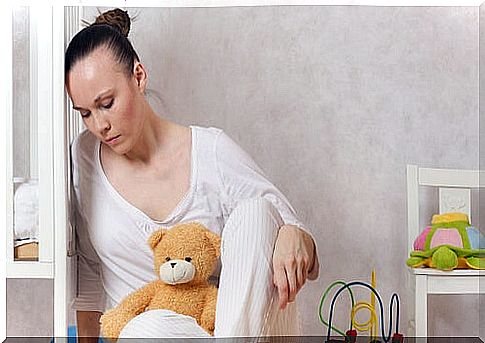
Break down taboos about postpartum depression
Depression is a pathological alteration of the state of mind, with a decrease in mood and sadness, accompanied by vegetative, emotional, thought, behavioral and vital rhythm symptoms that persist for at least two weeks.
Pregnancy is a stage of high incidence of depressive disorders and the puerperium is the period of greatest risk of depression in a woman’s life. According to Jadresic, the most frequent postpartum mental disorders are: postpartum dysphoria, postpartum depression (PPD) and postpartum psychosis (Jadresic, 2005).
Postpartum depression does not have a single cause, but is caused by a combination of physical and emotional factors. Postpartum depression doesn’t happen because of something a mother does or doesn’t do. After giving birth, the levels of hormones (estrogen and progesterone) in women drop rapidly.
The sublevels of estrogen and progesterone generate chemical alterations in the brain that can cause changes in mood. Also, many women are unable to rest as much as they should in order to fully recover from childbirth. A constant lack of sleep can lead to physical discomfort and exhaustion, factors that can contribute to the symptoms of postpartum depression.
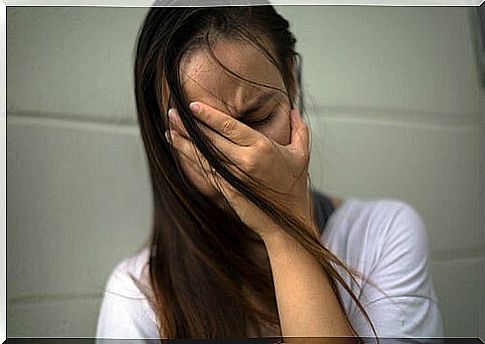
How can the family and the environment help women with postpartum depression?
Family and friends are likely to be the first to recognize the symptoms of
postpartum depression in a woman who has just given birth. Postpartum depression not only affects the person who suffers from it, both the family nucleus and the couple’s relationship can be affected.
Those closest to them must understand the state of mind of these mothers even though they are happy and full of joy for the birth of the baby. The family should provide women with postpartum depression a context where they can speak without fear of being misunderstood.
Expressing the emotions of the situation they are going through, even if they are considered inappropriate, helps them not to feel guilty. Understanding what happens to them is a turning point for the situation to improve, and it does not depend only on the person suffering from the disorder, but on the whole family.
If, despite family support, symptoms still persist, it is advisable and necessary to go to a professional. The first step for these mothers to understand what is happening to them is linked to the acceptance of the emotions they are experiencing, even if they are unpleasant. When they force themselves to be well and both the body and the state of mind tell them the opposite, the situation worsens, adding to the emotional equation feelings of frustration.

